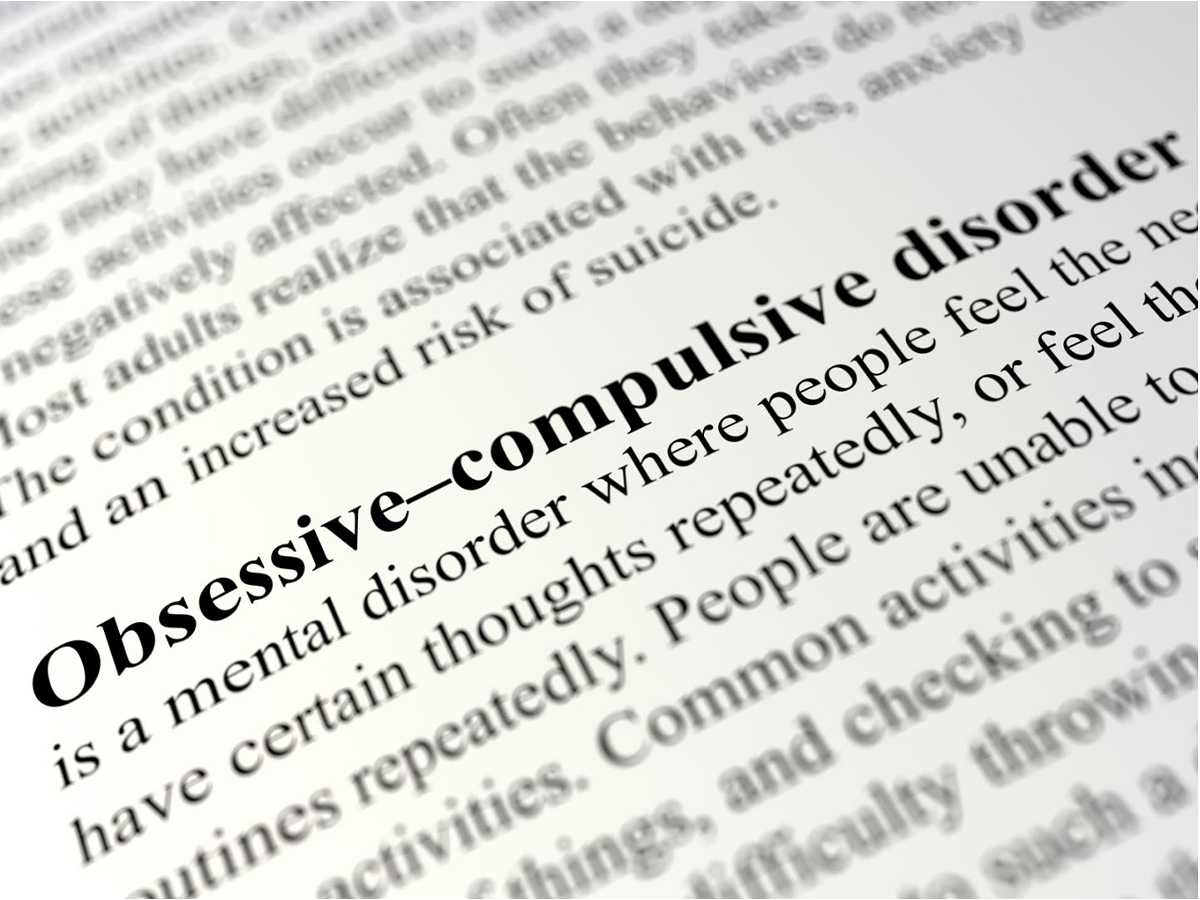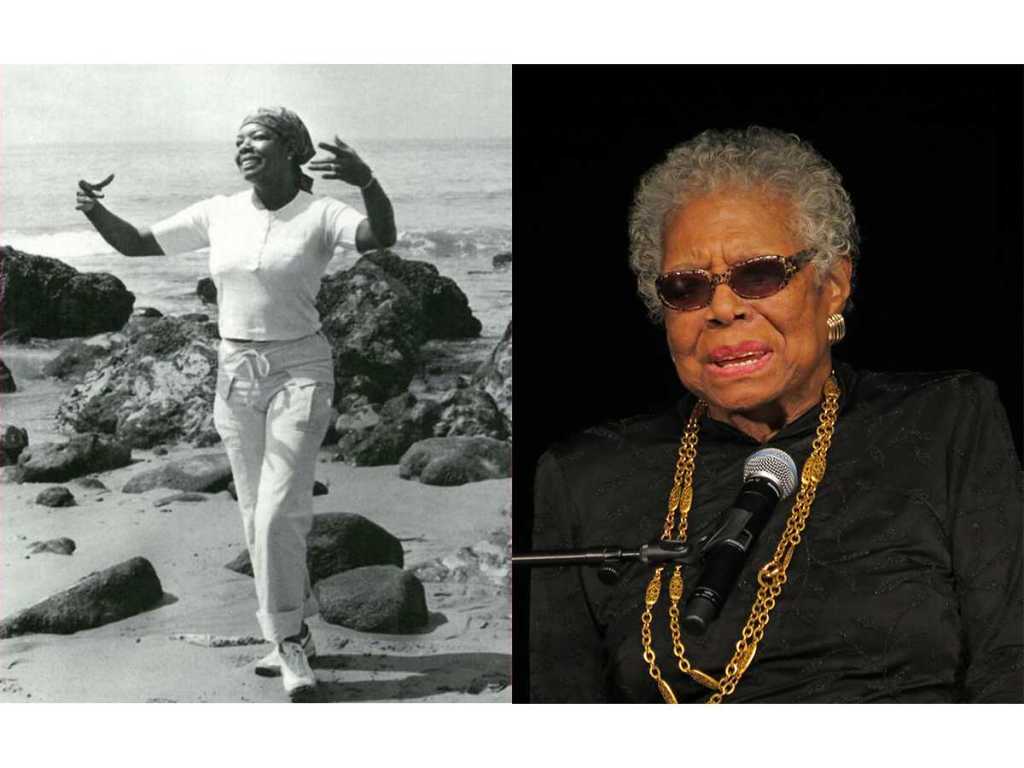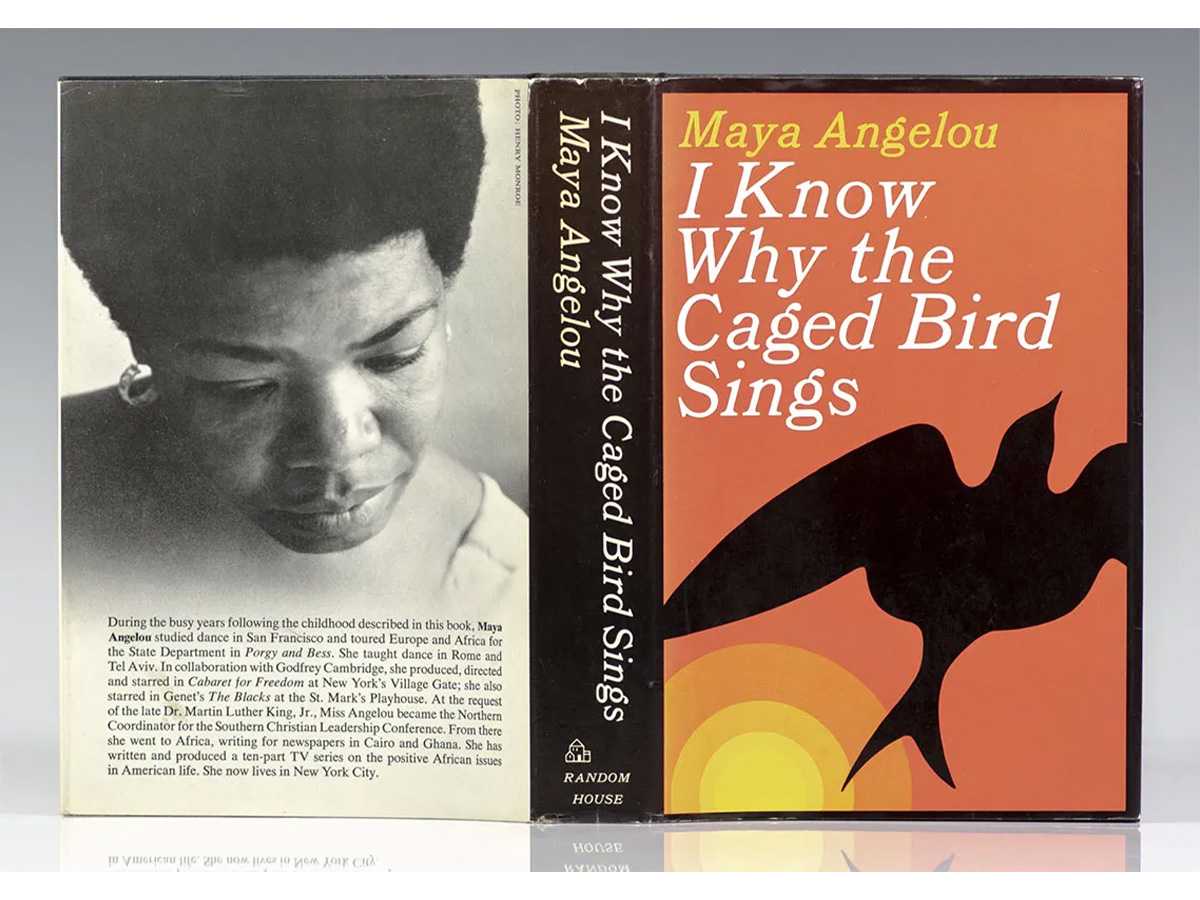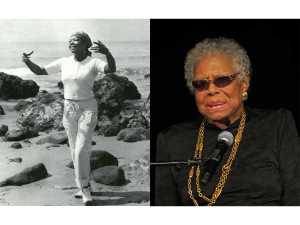Imagine: you meet up with a friend and ask how they are, they respond, and suddenly…you have no idea what else to say. But, as many of us know, one of the most important parts of communicating is listening. What is your friend telling you that you might have missed? And how can you get the conversation back on track?
Luckily, communications expert and YouTuber extraordinaire Vinh Giang has an answer. Giang, who began developing his communication skills as a magician and now teaches people around the world the best ways to interact with one another, recently shared a video revealing three questions you can ask when you’re at a loss of where to go next in conversation. Not only can it help you navigate social situations, it can also make you more emotionally intelligent.
The first thing to do is to become attuned to noticing others’ peak emotions, Giang says. Peak emotions are those with some intensity, according to Nature. If someone’s communicating intense emotions with you, they might use nonverbal communication like body language to indicate how they’re feeling or alter the tone of their voice. Based on your observation of them, you can see how the words they use, their tone, and their body language all match up (or don’t): this is called congruence. You’ll also need context–an understanding of the setting in which you’re communicating–and clusters, the idea of “using not one but multiple expressions or movements to influence our interpretation of a person’s body language,” according to the University of Texas–Permian Basin.
For example, if someone’s having a rough day, you ask how they are, and they say “I’m fine,” in a quiet voice while slumping their shoulders, you know maybe they’re not feeling their best.

So when you’re in conversation and that peak emotion appears, Giang says, now’s your chance to show you care. When your friend says, “I’m fine,” but it’s clear they don’t feel that way, there are three questions you can ask to understand how they’re feeling. As Giang says, they are, “What’s causing you the stress? What else is making you feel stressed? Is there more to the story?” He likes the last one in particular, he says, because it leaves the question open for interpretation and allows your friend to guide the conversation, sharing what makes them feel comfortable.
“This is more than just a conversational trick,” Giang says. “It’s a wonderful way to deepen your relationships with the people you care about, and the more you practice this, the more you’ll be in tune with people’s emotions, which makes you more emotionally intelligent, which is pretty rare these days.”
And really, as NPR has shared, “People like people who ask questions.” Asking questions can show “a certain amount of attentiveness and responsiveness to what the other person’s saying,” they shared. “It’s when they ask questions of us that makes us feel special.” So, if you have the opportunity to make someone feel special, particularly someone you care about, even in a small way, why wouldn’t you do it? With Giang’s questions, it’s easier than ever.



















